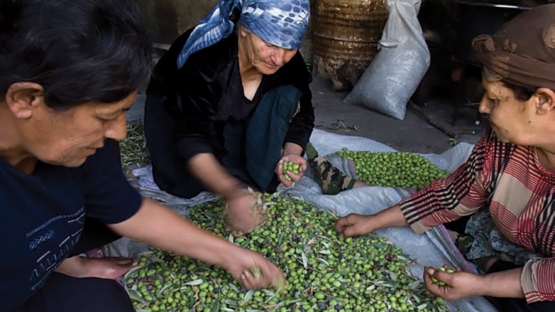When the Lebanese government established its Atomic Energy Commission in 1996, the goal was to promote peaceful applications of atomic energy, with a focus on food contamination monitoring to ensure food safety. Thus, one of its first steps was to establish the laboratory for the Analysis of Pesticides and Organic Pollutants, known as LAPPO – a laboratory that uses nuclear techniques to provide services to the country’s food producers, such as testing their production for agrochemical pollutants. The Joint FAO/IAEA Division of Nuclear Techniques in Food and Agriculture has worked with LAPPO since its earliest days, assisting in setting up and improving its laboratory capabilities and providing specialized training for the staff.
Over the years, LAPPO has established ongoing relationships with many of the country’s farmers, offering its analytical services and raising awareness of the importance of complying with the safety requirements that govern food production. As a result, Lebanese farmers are better educated and aware of the importance of minimizing pesticide residues in their fruits and vegetables and therefore follow strict pest control procedures. They choose lower impact pesticides and also minimize the number of pesticide applications to produce safe and wholesome foods. With the Joint Division’s support, LAPPO also implemented a quality control and assurance system, and was able to undertake a series of proficiency tests which led to its receiving laboratory accreditation from the International Organization for Standardization (ISO) in 2010 which recognized the quality of its work.
With this recognition, LAPPO began a formal upgrading programme. Again, with the support of the Joint Division, the upgrading included procuring new equipment that would increase the level of testing it could perform and enable it to meet the analytical service demands placed on it, including expanding analytical services to cover the analysis of veterinary drugs in meat products. Of course, adding new equipment is just half of the equation. The Joint Division is also supporting building the capacity of the staff to work with the new equipment and new methodologies. This has included sending Lebanese scientists to workshops and fellowship programmes conducted bythe Joint Division at its headquarters in Vienna and also sponsoring them at other capacity building activities in France and Belgium. There also have been workshops at LAPPO itself, for staff to become familiar with the new equipment and learn which methodologies provide the most accurate and reliable results for their farmer clients.



